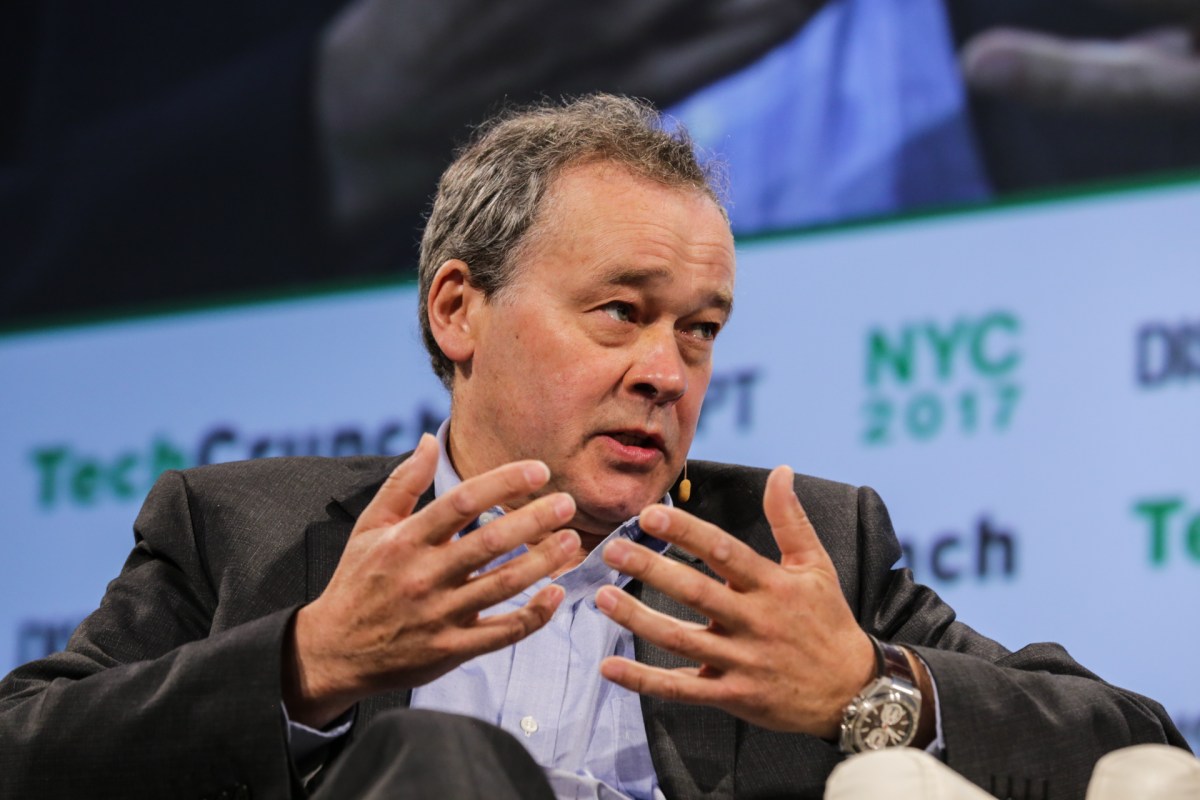Lucid Motors is undergoing a leadership change as Peter Rawlinson steps down from his roles as CEO and CTO, positions he has held since before the company went public. This marks the first CEO change in nearly six years. Rawlinson has also exited Lucid’s board, according to a regulatory filing. The company has appointed Marc Winterhoff, its chief operating officer, as interim CEO. Rawlinson will now serve as a “strategic technical advisor” to Turqi Alnowaiser, chairman of the board and a top executive at Saudi Arabia’s sovereign wealth fund, which owns the majority stake in Lucid.
The transition comes at a pivotal moment for Lucid Motors, which recently launched its Gravity SUV. The company’s first vehicle, the Air sedan, struggled to meet sales projections after going public in 2021. The Gravity is currently being rolled out to early customers and employees. In a statement, Rawlinson expressed pride in the company’s growth over his 12-year tenure, transforming Lucid into a recognized leader in sustainable mobility.
Rawlinson’s advisory role extends until February 2027, with compensation including a monthly payment of $120,000, a complimentary Lucid EV, health insurance, and a $2 million stock grant. Rawlinson joined Lucid in 2013 when it was known as Atieva, focusing on battery packs and EV powertrain components. He previously served as chief engineer for Tesla’s Model S sedan.
Lucid’s financial results for Q4 and the full year 2024 reveal that the company delivered 10,241 EVs, generating $808 million in revenue, up from 6,001 deliveries and $595 million in 2023. Despite this, Lucid reported a net loss of $2.7 billion for 2024, compared to $2.8 billion in 2023. The company aims to double production to 20,000 EVs in 2025. Lucid ended the year with $1.6 billion in cash reserves, supported by funding from Saudi Arabia.
Winterhoff stated that Rawlinson will not be involved in daily operations unless consulted by the chairman. Rawlinson’s absence from the investor call raised questions among analysts, including John Murphy of Bank of America.
— news from TechCrunch
